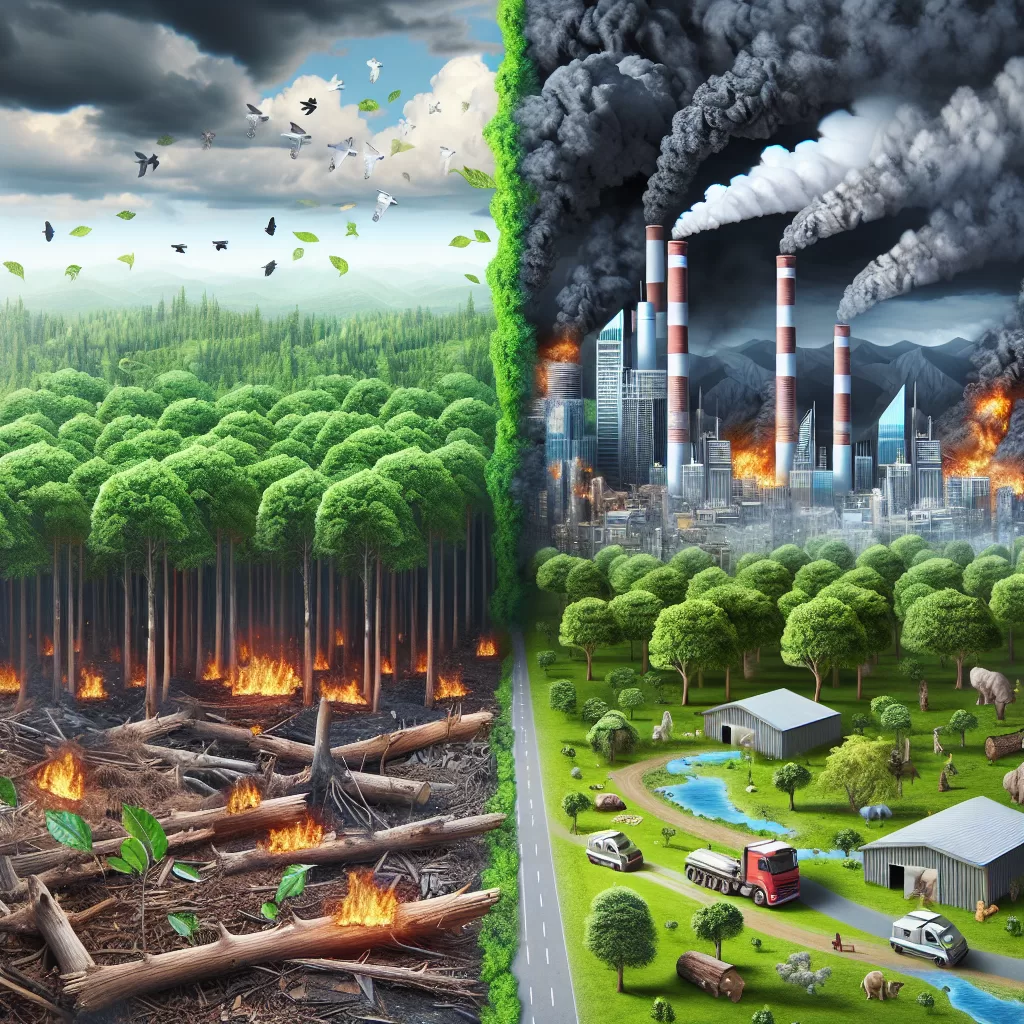The Asia-Pacific Progress Report 2022, released by the United Nations Economic and Social Commission for Asia and the Pacific (ESCAP), paints a grim picture. Alarmingly, progress on key Sustainable Development Goals (SDGs) related to environmental protection, decent work, and responsible consumption has either slowed or reversed course entirely.
“Unless we quickly change our development model, we will miss the opportunity to lift millions of people out of poverty, preserve our biodiversity, and thrive in a healthy environment,” warned Armida Salsiah Alisjahbana, Executive Secretary of ESCAP.
The report’s findings are a stark wake-up call, highlighting the region’s struggle to balance economic growth with environmental preservation. Asia-Pacific nations account for over 60% of the world’s population and contribute significantly to global greenhouse gas emissions.
The consequences of inaction extend far beyond the region itself. Asia’s outsized role in global supply chains and its vulnerability to climate impacts like rising sea levels and extreme weather events underscore the urgency of addressing this sustainability crisis.
Initiatives like the Paris Agreement and the SDGs have provided a roadmap for sustainable development, but tangible progress remains elusive for many Asia-Pacific countries. Policymakers must prioritize environmental protection, responsible resource management, and a just transition to renewable energy sources.
As the world grapples with the escalating climate crisis, the Asia-Pacific region’s ability to course-correct and embrace sustainable practices will be a defining factor in our collective fight against environmental degradation.
Tags: #ClimateChange #SustainableDevelopment #EnvironmentalProtection #AsiaPacific #UnitedNations

